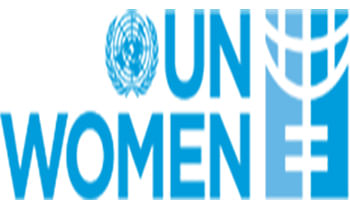Women politicians in South Asia face violence: Study

Women in politics face high levels of violence in India, Pakistan and Nepal. Women who are young, poor, new in politics, or first generation politicians are the worst affected, says a study.
The forms of violence do not only include sexual or physical, but also emotional and psychological violence, according to a study by the Centre for Social Research and UN Women.
Women in Nepal and Pakistan face higher levels of character assassination and emotional abuse than in India, according to the study the Centre for Social Research and UN Women.
The study, titled Violence against Women in Politics, covers three countries - India, Pakistan, and Nepal - and analyzes the nature and prevalence of violence against women in National as well as local electoral politics.
The study defines violence against women in politics as including physical, psychological and/or sexual violence that would lead to women being unable to use their constitutional rights to participate in politics as a politician, a voter or even an actively engaged citizen.
From a study of 750 participants – 80 percent women somehow active in politics - it was found that India is much worse than Nepal and Pakistan in physical violence (45 percent), verbal abuse (49 percent), and threats (45 percent) against women in politics.
Participants cited personal experiences of being publicly slapped by another candidate, being forced to touch the feet of male politicians, and receiving threats from within their own political party.
Women are not protected from the forms of violence found in the study. The implementation of legislation meant to deal with such hidden violence is flimsy at best, and when women see how little action is being taken in their defense, the natural result is a lowered interest to be active in politics.

 For all latest news, follow The Daily Star's Google News channel.
For all latest news, follow The Daily Star's Google News channel. 




Comments